- With standard equipment
- With safety pack
Find more information in the General Comments section of the assessment
Find more information in the Rating Validity tab of the assessment
- See More
- See More
- See More
- See More
- Good
- Adequate
- Marginal
- Weak
- Poor
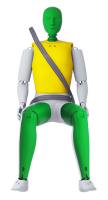 Passenger
Passenger
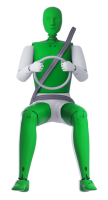 Driver
Driver
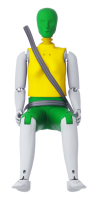 Rear Passenger
Rear Passenger
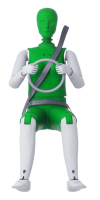 Driver
Driver
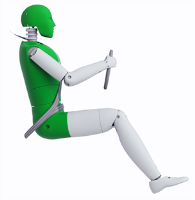 Car
Car
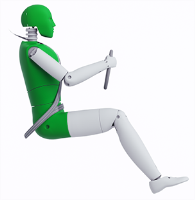 Pole
Pole
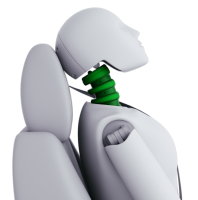 Rear Seat
Rear Seat
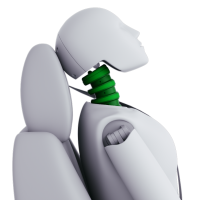 Front Seat
Front Seat
-
Approaching a stationary car: Left Offset
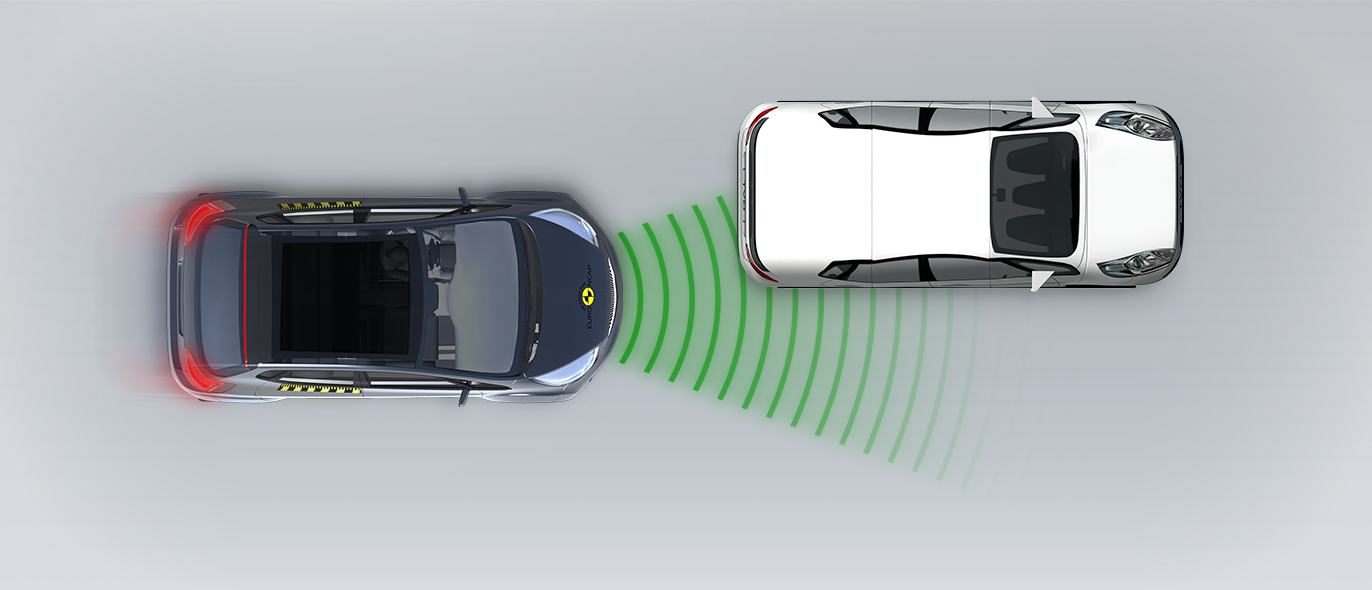
-
Approaching a stationary car: No Offset
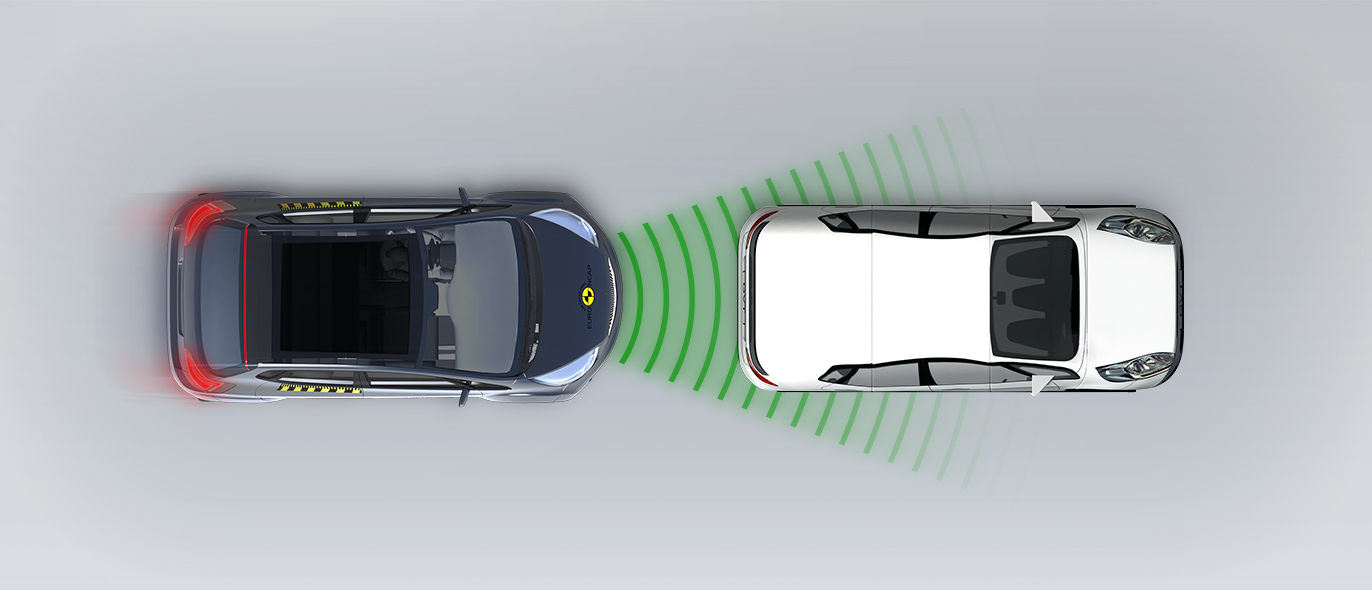
-
Approaching a stationary car: Right Offset
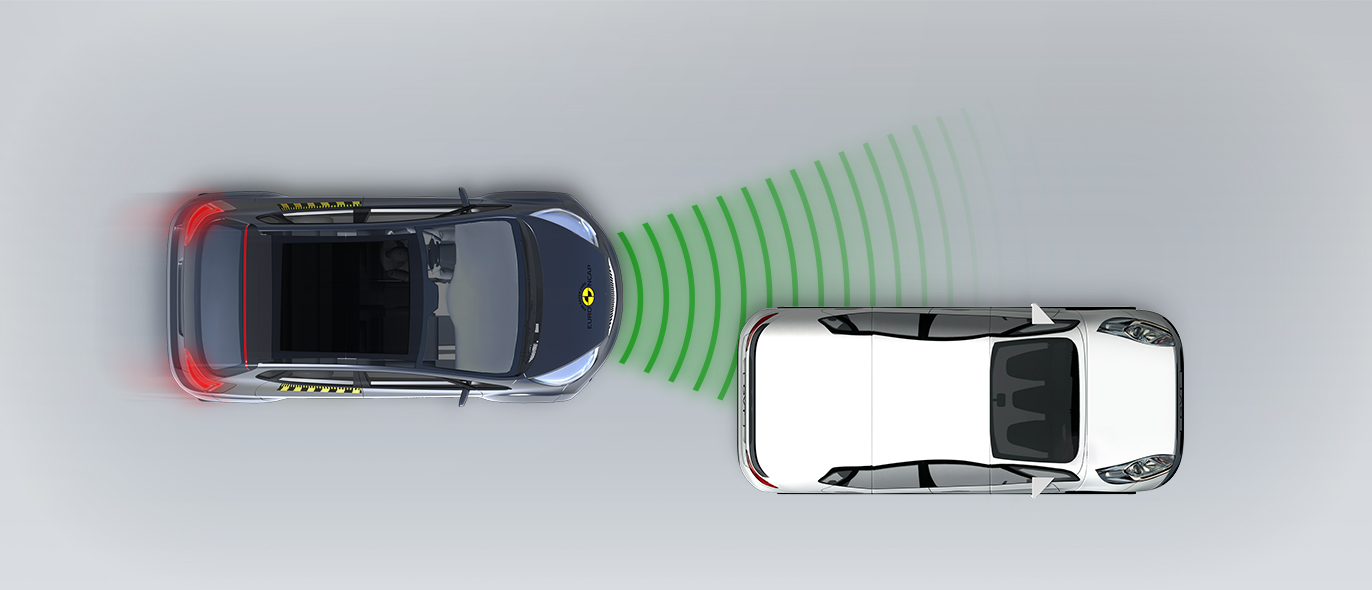
- Good
- Adequate
- Marginal
- Weak
- Poor
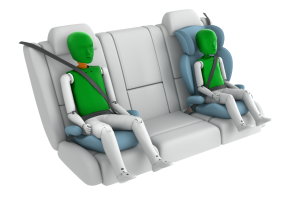
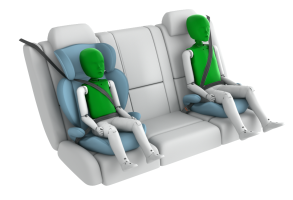
Passenger
outboard
center
outboard *
Fitted to the vehicle as standard
Not fitted to the test vehicle but available as option
Not Available
-
i-Size CRS
-
ISOFIX CRS
-
Universal Belted CRS
Easy
Difficult
Safety critical
Not allowed
| Seat Position | ||||||
|---|---|---|---|---|---|---|
| Front | 2nd row | 3rd row | ||||
| Passenger | Left | center | Right | Left | Right | |
| Maxi Cosi 2way Pearl & 2wayFix (rearward) (iSize) | ||||||
| Maxi Cosi 2way Pearl & 2wayFix (forward) (iSize) | ||||||
| BeSafe iZi Kid X2 i-Size (iSize) | ||||||
| BeSafe iZi Flex FIT i-Size (iSize) | ||||||
| Maxi Cosi Cabriofix & FamilyFix (ISOFIX) | ||||||
| BeSafe iZi Kid X4 ISOfix (ISOFIX) | ||||||
| Britax Römer Duo Plus (ISOFIX) | ||||||
| Britax Römer KidFix XP (ISOFIX) | ||||||
| Maxi Cosi Cabriofix (Belt) | ||||||
| Maxi Cosi Cabriofix & EasyBase2 (Belt) | ||||||
| Britax Römer King II LS (Belt) | ||||||
| Britax Römer KidFix XP (Belt) | ||||||
Easy
Difficult
Safety critical
Not allowed
In the frontal offset test, protection of the neck of the 10 year dummy was marginal, based on readings of neck forces. Otherwise, in both the frontal and side barrier tests, protection of all critical body areas was good for both dummies. The front passenger airbag can be disabled to allow a rearward-facing child restraint to be used in that seating position. Clear information is provided to the driver regarding the status of the airbag and the system was rewarded. There is not enough room to install a universal child restraint in the optional third row seats and to use the second row seats in their normal positions. Accordingly, the restraint installation test was failed for the third row seats. Otherwise, the restraints for which the Model X is designed could be properly installed and accommodated in the car.
- Good
- Adequate
- Marginal
- Weak
- Poor
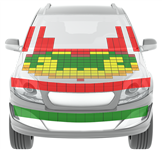
Head Impact 17.4 Pts
Pelvis Impact 0.1 Pts
Leg Impact 6.0 Pts
| System Name | Collision Avoidance Assist | ||
| Type | Auto-Brake with Forward Collision Warning | ||
| Operational From | 8 km/h | ||
| PERFORMANCE | | |||
-
Approaching a crossing cyclist
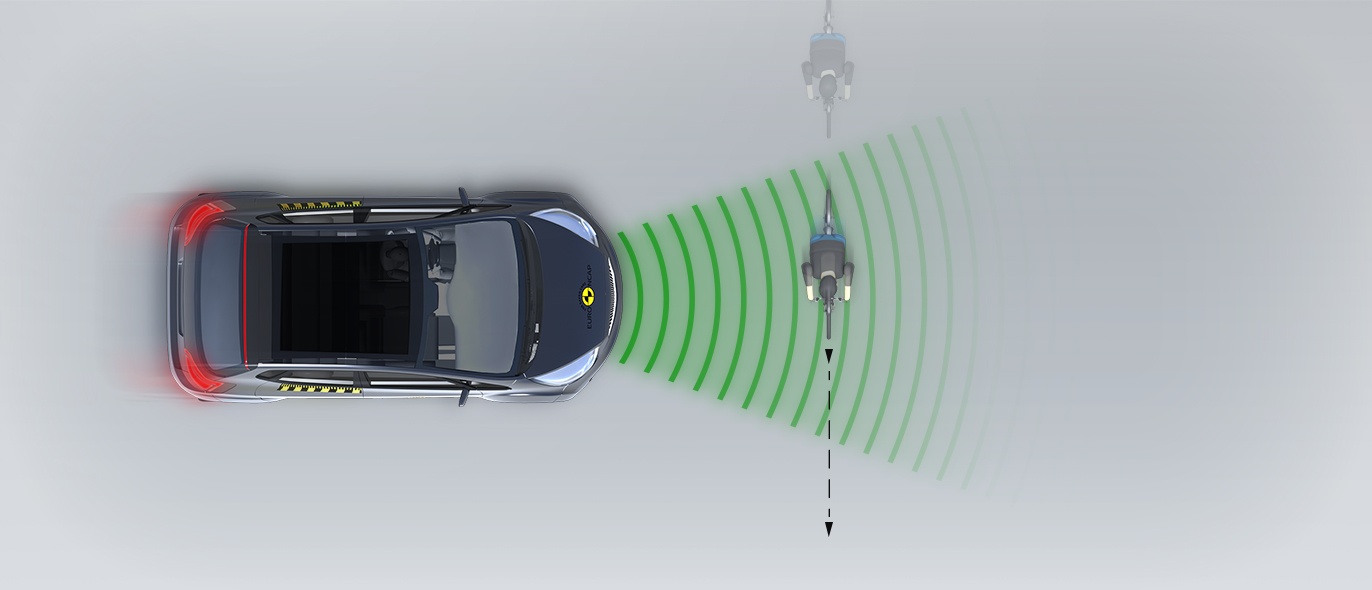
-
Cyclist along the roadside
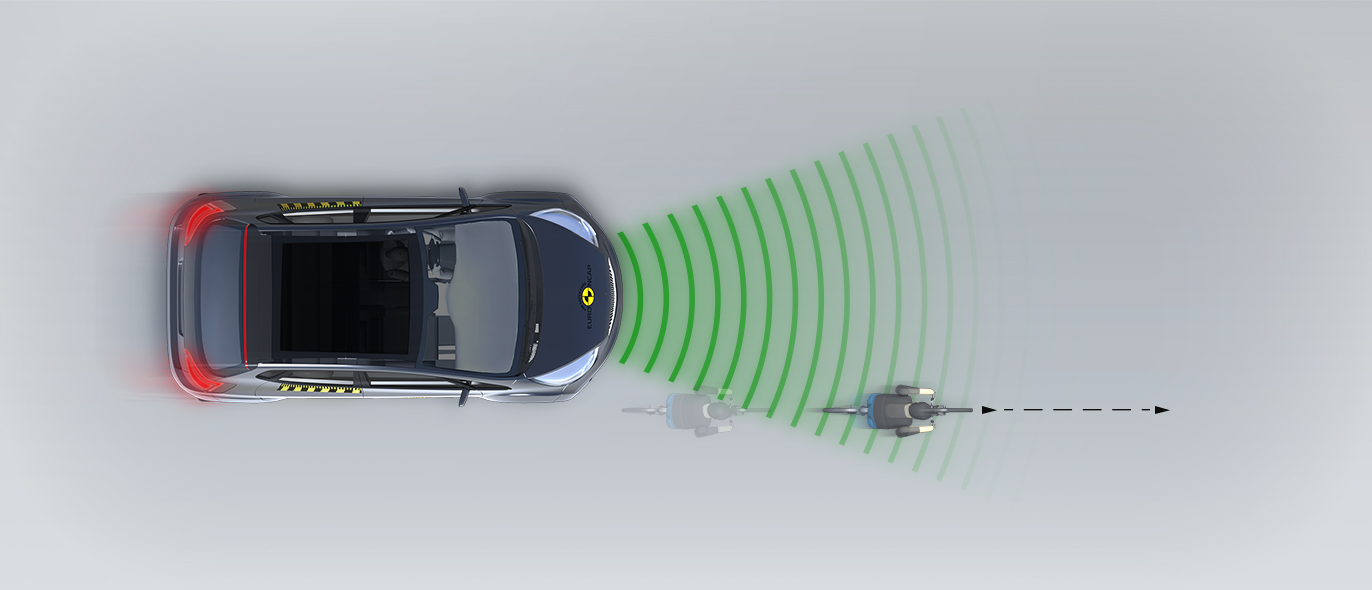
The Model X has an active, deployable bonnet. Sensors in the bumper detect when a pedestrian has been struck and actuators lift the bonnet surface to provide greater clearance to the stiff structures in the engine compartment. Tesla showed that the system worked robustly for different pedestrian statures and across a wide range of speeds, so tests were performed with the bonnet in the raised position. Protection was good or adequate at almost all test locations on the bonnet. The bumper provided good protection to pedestrians' legs but protection of the pelvis was poor. The Model X's AEB system can detect vulnerable road users like pedestrians and cyclists, as well as other vehicles. In tests of its response to pedestrians, the system's performed well, with collisions avoided or mitigated in most cases. In tests of its response to cyclists, the system scored maximum points, with collisions avoided in all test scenarios.
- Good
- Adequate
- Marginal
- Weak
- Poor
| System Name | Speed Assist |
| Speed Limit Information Function | Map based |
| Speed Control Function | System advised (accurate to 5km/h) |
| Applies To | All Seats | ||
| Warning | Driver Seat | Front Passenger(s) | Rear Passenger(s) |
| Visual | |||
| Audible | |||
| Occupant Detection | |||
|
|||
| System Name | Lane Assist |
| Type | ELK + LKA (including LDW) |
| Operational From | 40 km/h |
| Performance | |
| Emergency Lane Keeping | |
| Lane Keep Assist | |
| Human Machine Interface | |
| System Name | Collision Avoidance Assist | |||
| Type | Autonomous Emergency Braking and Forward Collision Warning | |||
| Operational From | 8 km/h | |||
The Model X has a seatbelt reminder system for the front and rear seats. The AEB system performed well in tests of its response to other vehicles at highway speeds. A lane support system helps prevent inadvertent drifting out of lane and also intervenes in some more critical situations. A speed assistance system uses a camera and digital mapping to identify the local limit and the driver can choose to allow the car to adjust the speed limiter accordingly.
- Specifications
- Safety Equipment
- Videos
- Rating Validity
Specifications
Tested Model Tesla Model X Long Range, LHD
Body Type - 5 door SUV
Year Of Publication 2019
Kerb Weight 2460kg
VIN From Which Rating Applies - 5YJXCCE44LF226616
Class Large SUV
Safety Equipment
Note: Other equipment may be available on the vehicle but was not considered in the test year.
Fitted to the vehicle as standard
Fitted to the vehicle as part of the safety pack
Not fitted to the test vehicle but available as option or as part of the safety pack
Not available
Not applicable
Videos
Rating Validity
Variants of Model Range
| Body Type | Engine | Model Name/Code | Drivetrain | Rating Applies | |
|---|---|---|---|---|---|
| LHD | RHD | ||||
| 5 door SUV | Electric Motor | Standard Range Long Range* Performance |
4 x 4 |  |
 |
* Tested variant






Find more information in the General Comments section of the assessment
 Share
Share
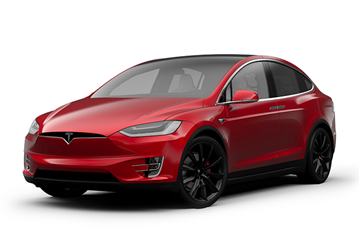










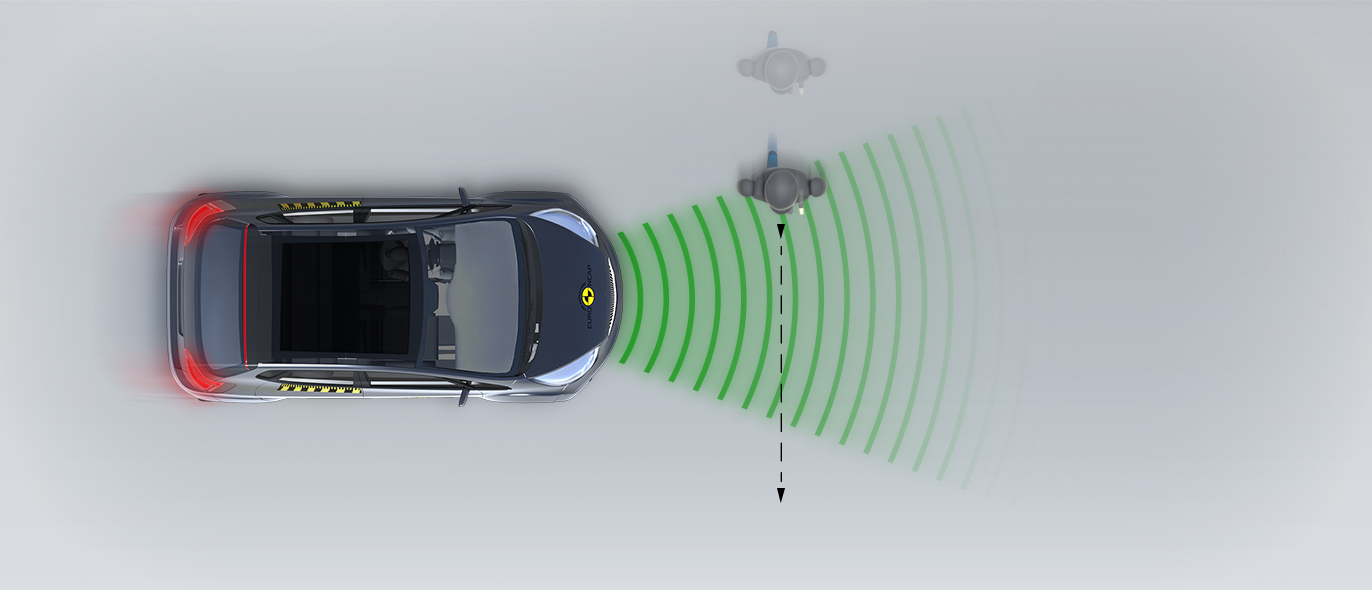
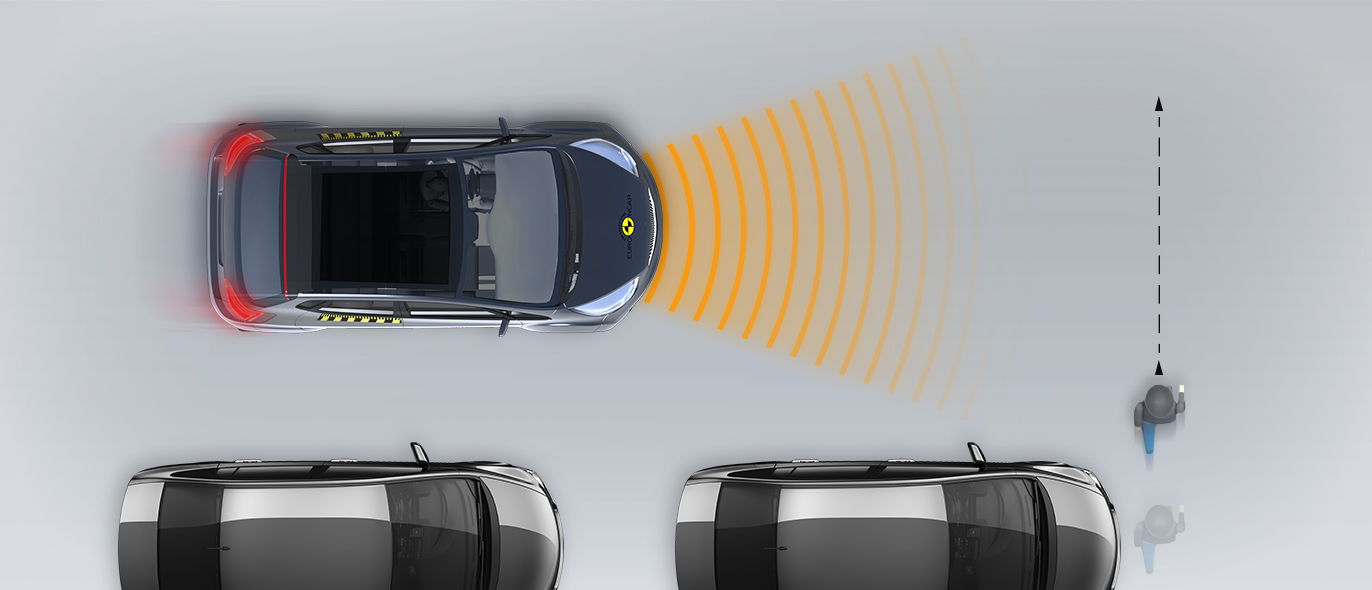
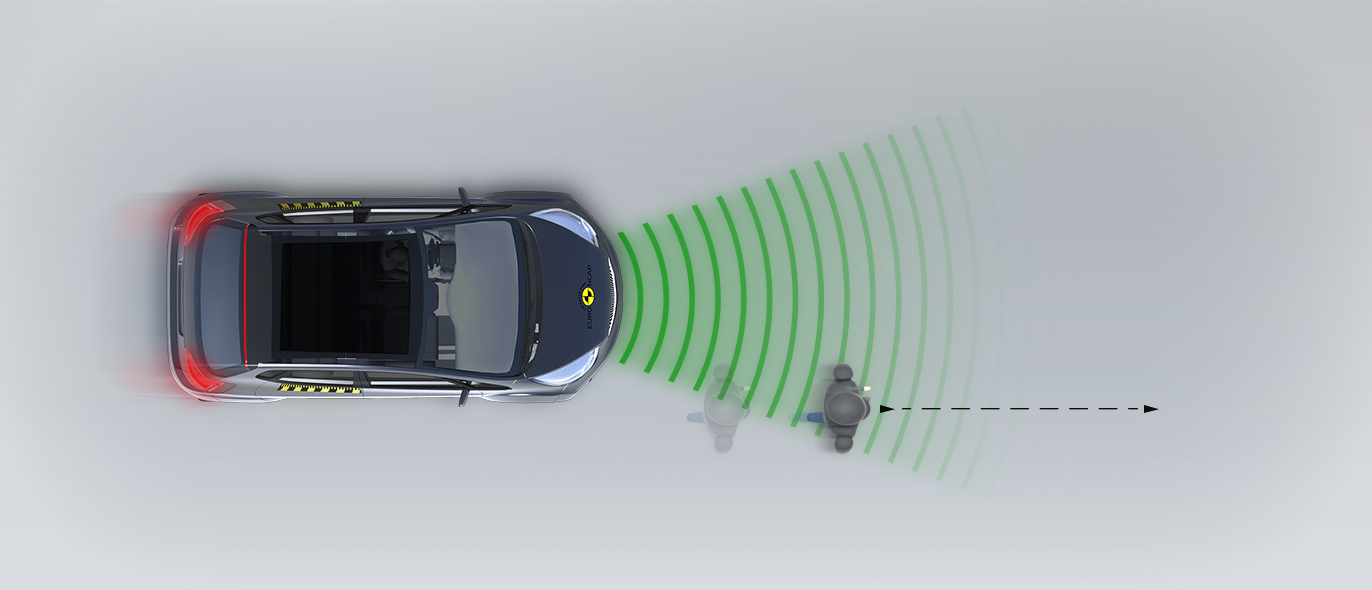


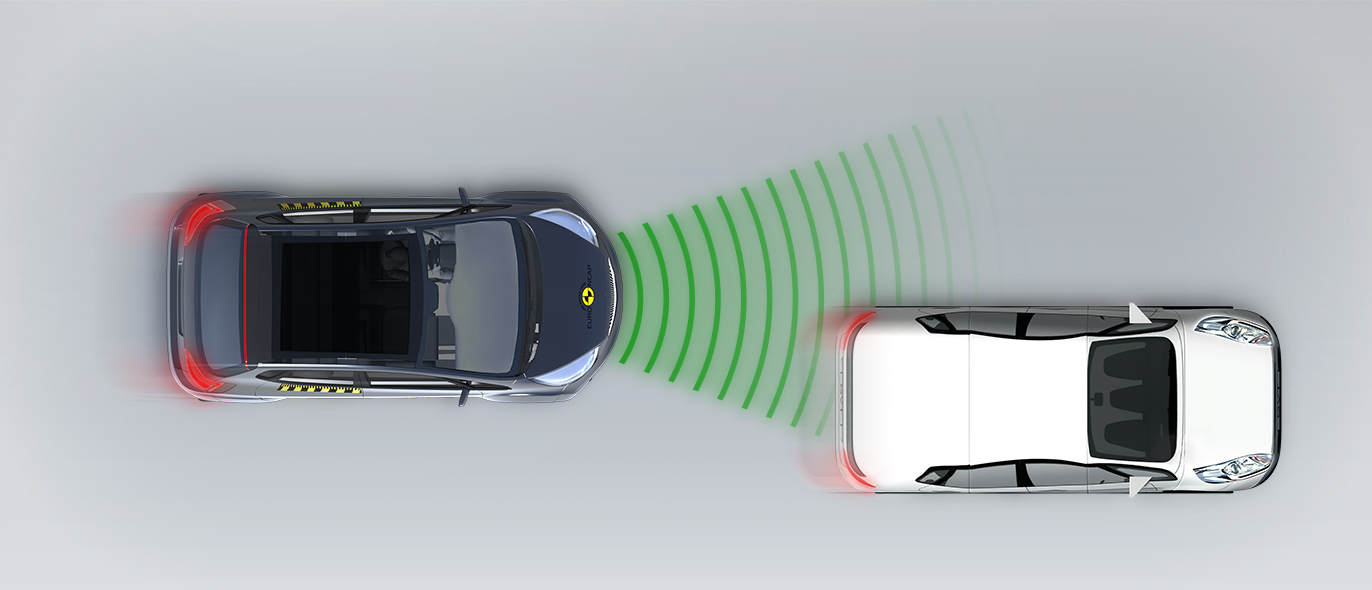
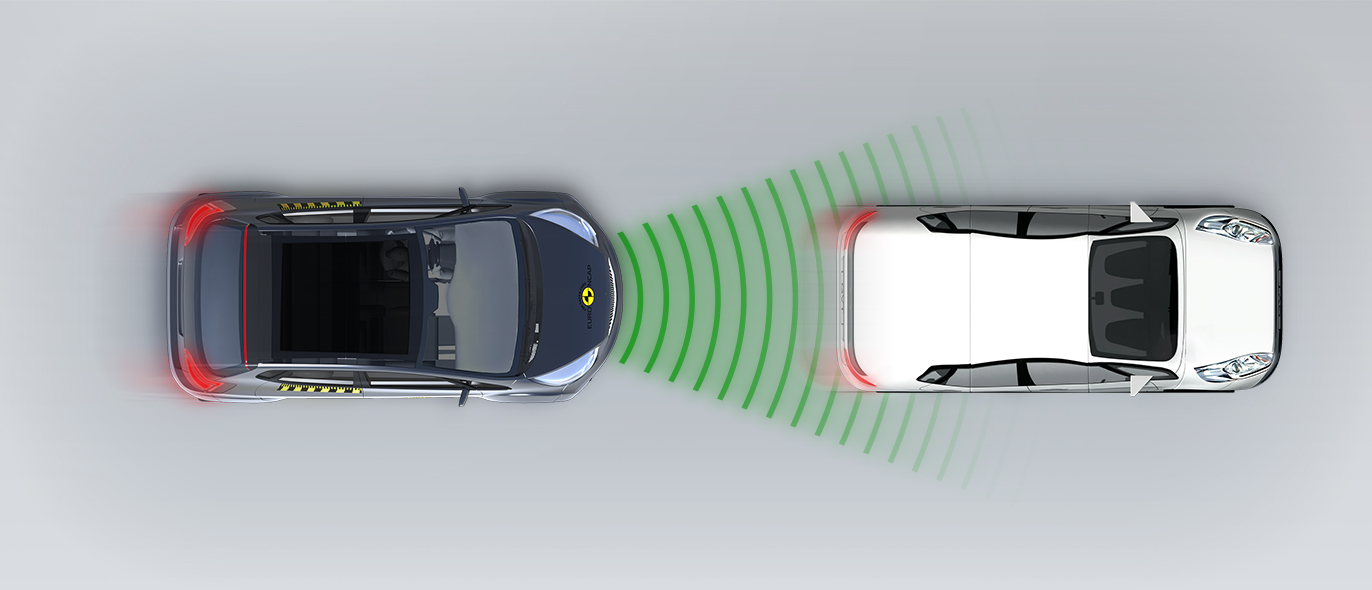
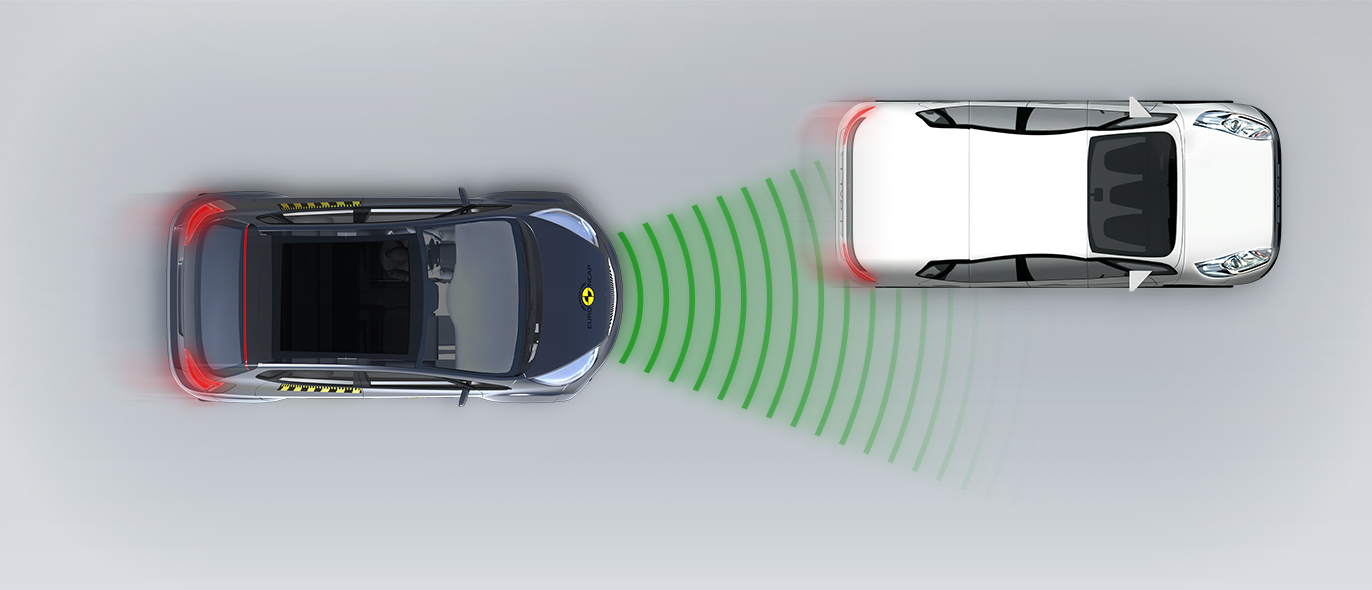

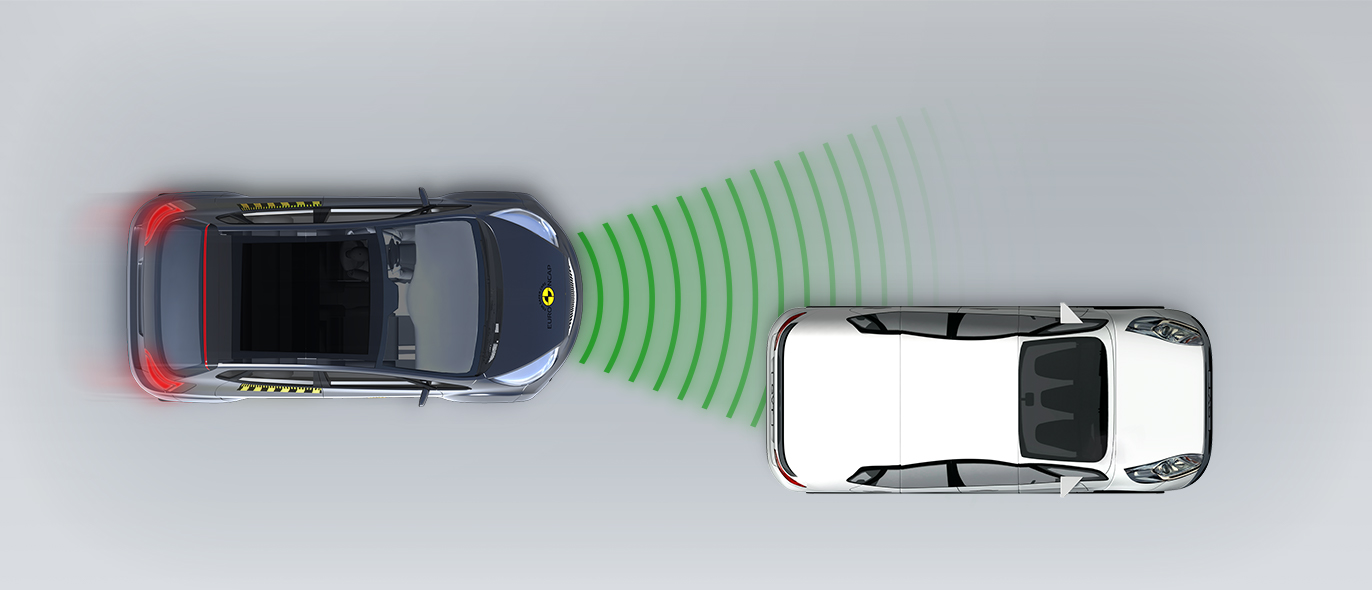
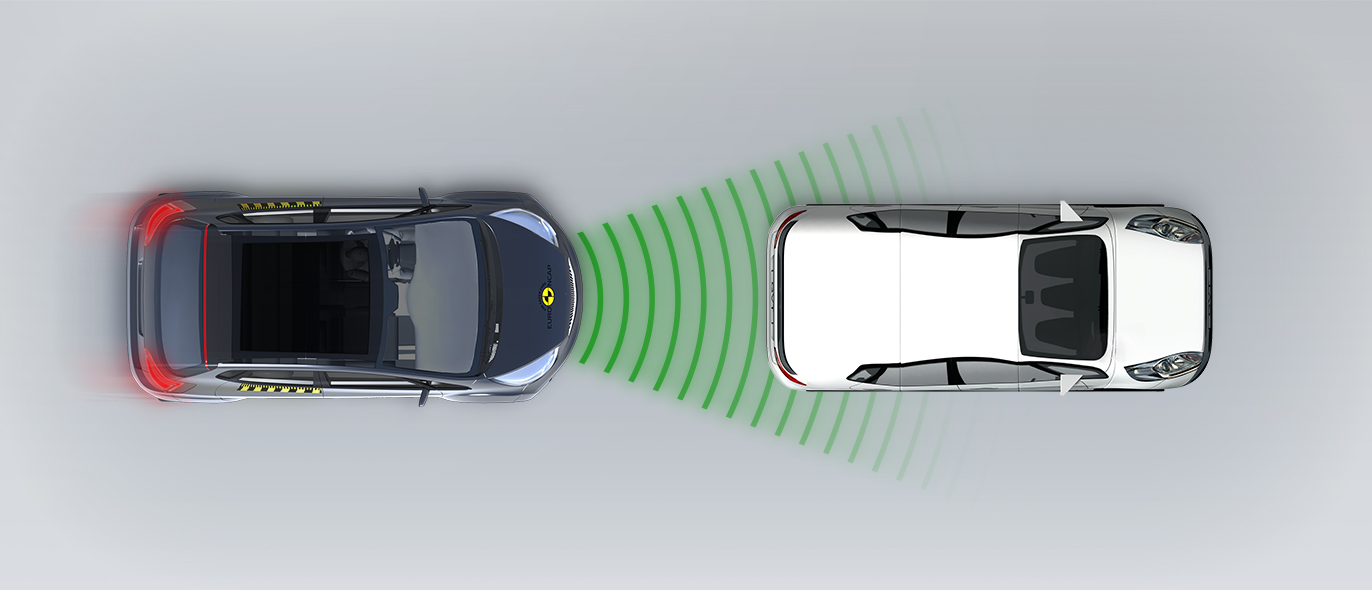
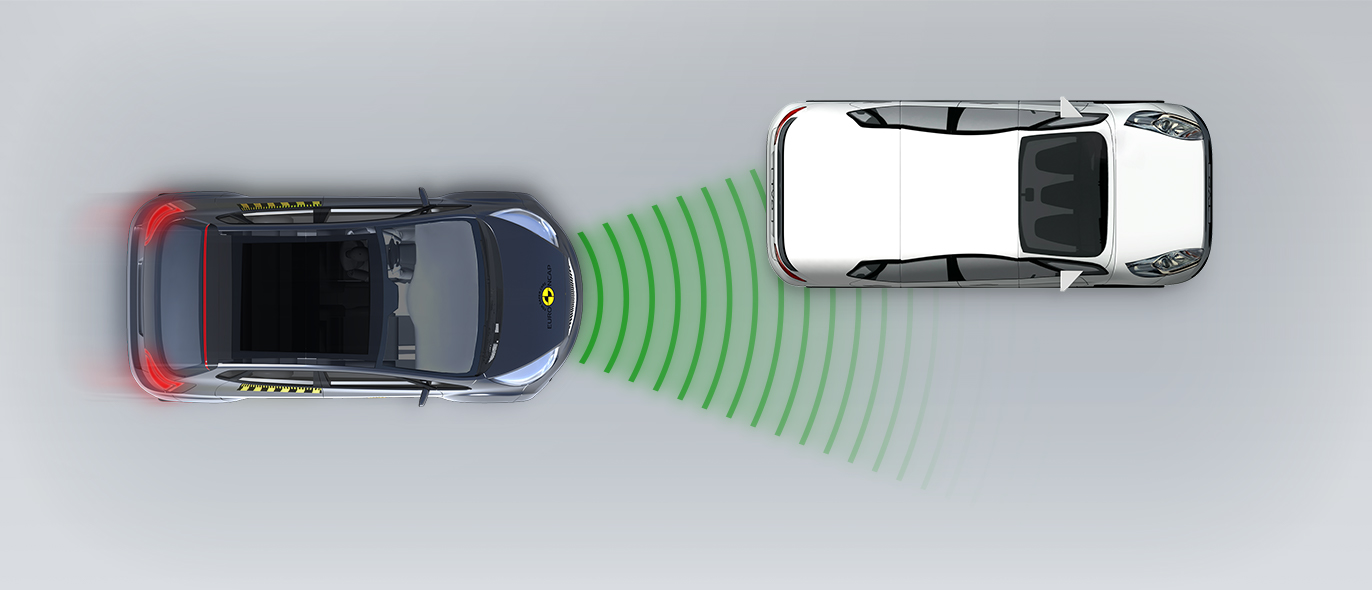

The passenger compartment of the Model X remained stable in the frontal offset test. Dummy readings indicated good protection of the knees and femurs of the driver and passenger. Tesla showed that a similar level of protection would be provided to occupants of different sizes and to those sitting in different positions. Protection was rated as good for all critical body areas for the driver. This was also the case in the the full-width rigid barrier test, and protection was good or adequate for the rear passenger. In both the side barrier and the more severe side pole tests, protection of all critical body areas was good and the car scored full points in both of these tests. Tests on the front seats and head restraints demonstrated good protection against whiplash injuries in the event of a rear-end collision. A geometric assessment of the rear seats also indicated good whiplash protection. The standard-fit autonomous emergency braking (AEB) system performed well in tests of its functionality at the low speeds at which many whiplash injuries occur, with collisions avoided in all test scenarios.